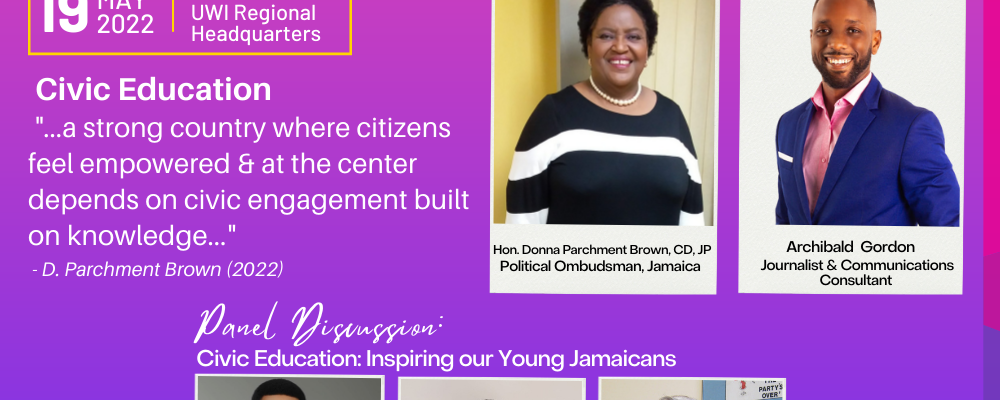

With political and civic participation at a significant low across Jamaica, the island’s Office of The Political Ombudsman, and other responsible parties, are being tasked with utilising education, marketing and socialisation as tools to inspire, especially young people’s civic involvement.
While highlighting the gaps in civic engagement, panellists taking part in yesterday’s (May 19) launch of Jamaica Strong and Free: A Civic Education Handbook proposed a number of recommendations to help curb the lack of participation, especially among those 15-30 years old.
Along with the first-of-its-kind civic handbook, introduced by Political Ombudsman Donna Parchment Brown, panellists endorsed education, marketing and socialisation, as possible ways to rebuild political and civic engagement.
Senator Gabriela Morris, chairman of the People’s National Party Youth Organisation (PNPYO) and Opposition Spokesperson on Youth and Sports, explained that, from education comes understanding and, coupled with marketing, citizens will feel more inclined to carry out their civic responsibilities.
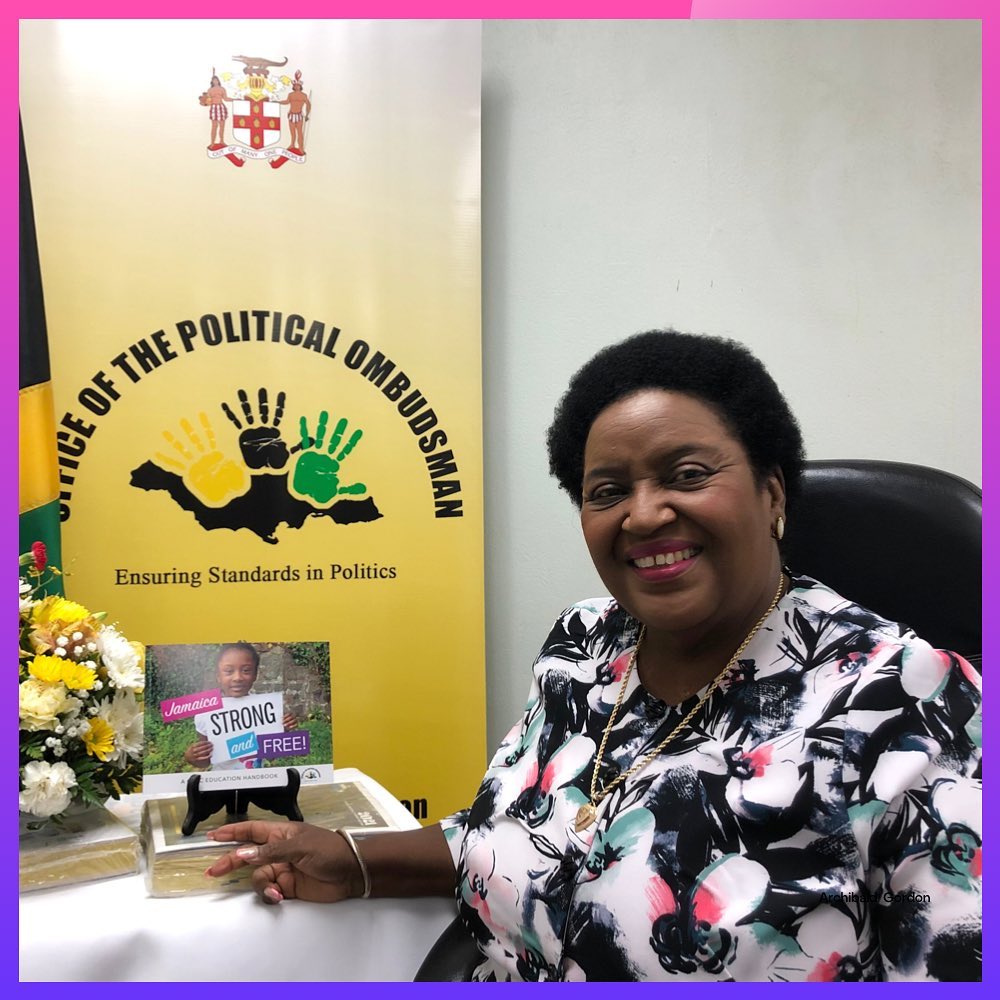
Considering the handbook educational, Morris said: “…Understanding is one of the fundamental things that will drive participation. If people don’t understand why they need to do something, or the merits of doing something, then they won’t participate and that’s just a fact.”
She continued: “So, I think that this [Civic Handbook] fundamental step of pushing education, of making sure that Jamaicans on a whole understand their responsibilities as citizens… once they [citizens]… come to a greater appreciation of this role, or of the necessity of this role, then I think more people will be inclined to participate.”
In continuing to push both political and civic involvement, Morris shared that marketing ought to be placed at the forefront and should not be introduced on the brink of adulthood, but as far as the primary level.
“Not just starting with our adults. So not just waiting until they’re right on the cusp of being called to be jurors, but starting from an earlier age. Perhaps even at the primary level of engaging them and helping them to understand their civic responsibilities.”
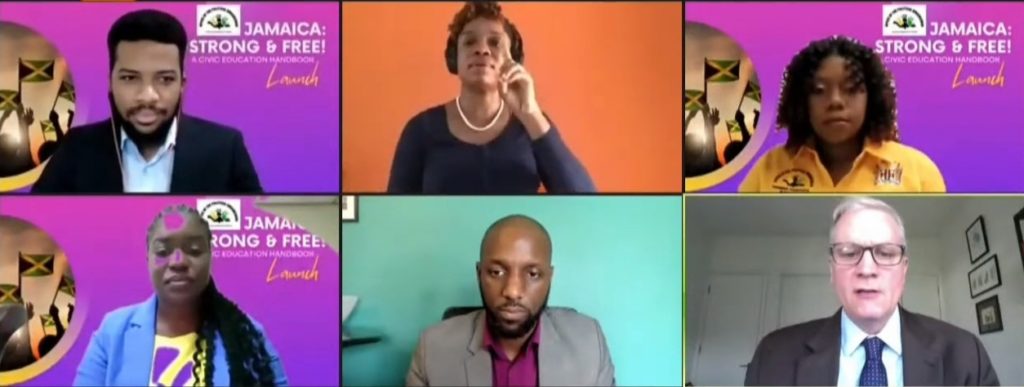
David Hamilton, senior adviser at the International Foundation for Electoral Systems (IFES), noted that if young people are aware of contributions their peers have made, they will feel more inspired to participate.
“It’s really important that formal actors like elected leaders and non-formal actors in communities like teachers, families, friends, famous musicians or sports coaches recognise or acknowledge the contributions that young people of all ages make to their communities, so that young people can see people like themselves leading change,” Hamilton explained.
While echoing Morris’ recommendation for education, Hamilton added that young’s people’s impediments must also be underscored. Impediments such as ignorance as well as lack of self-confidence, if targeted, can aid in raising civic engagement.
“An impediment to young people’s civic participation around the world, it can be young people feeling like they are not leaders and this is a sentiment compounded by cultural norms or hierarchies that frequently privilege adult men as leaders…
“Another impediment is not understanding political government processes or not feeling like they make a difference, both of which can be combated through effective and accessible civic education,” Hamilton said.
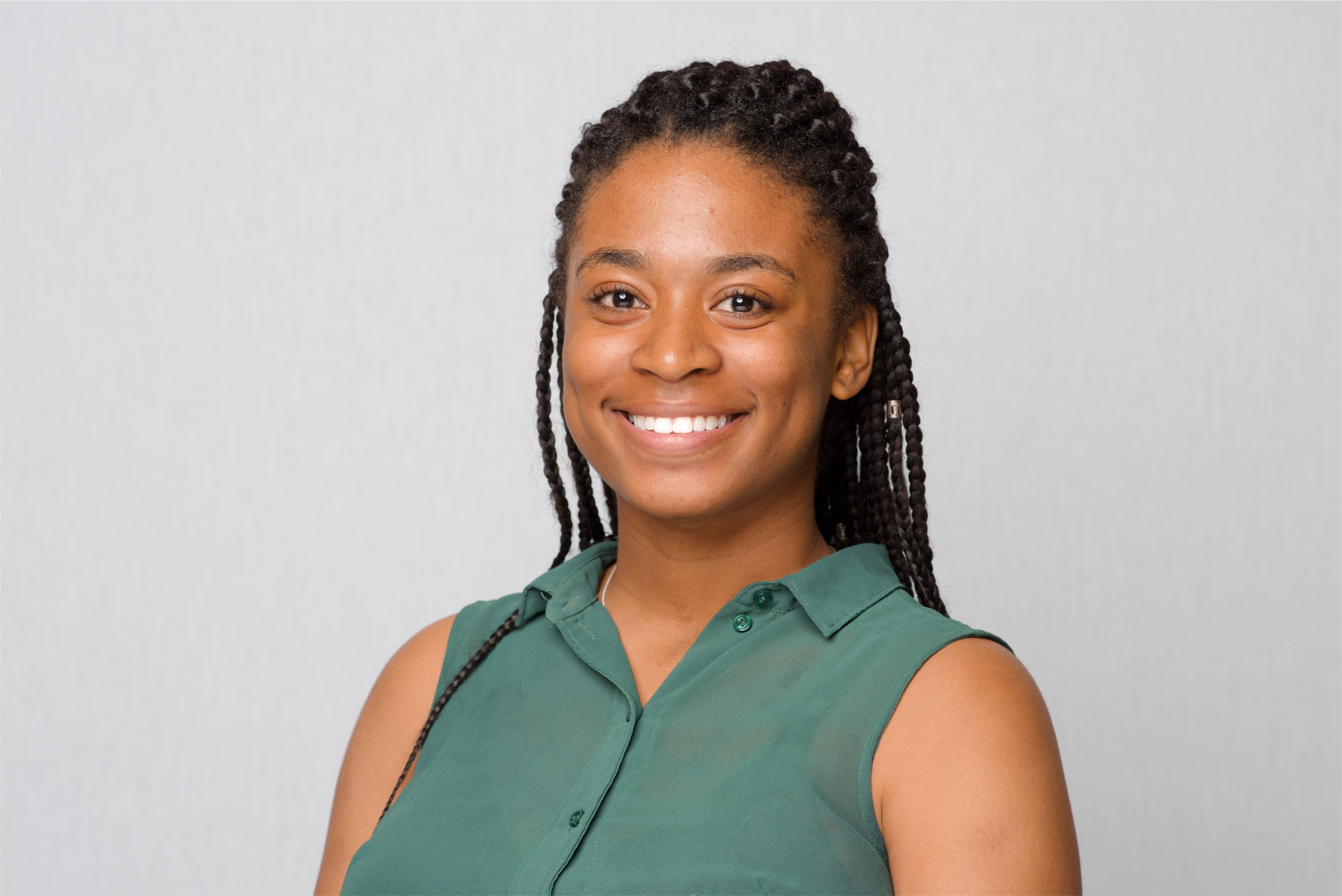


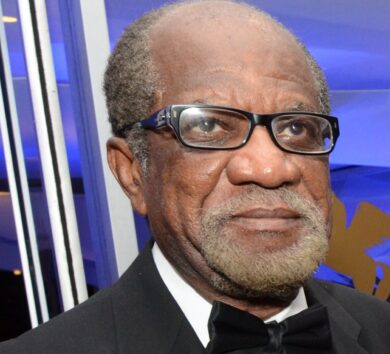


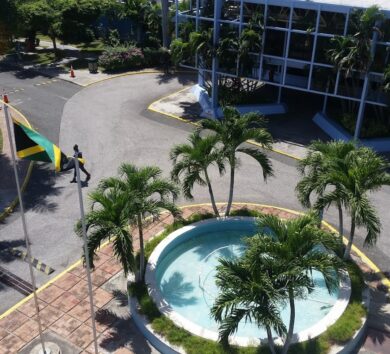
Comments